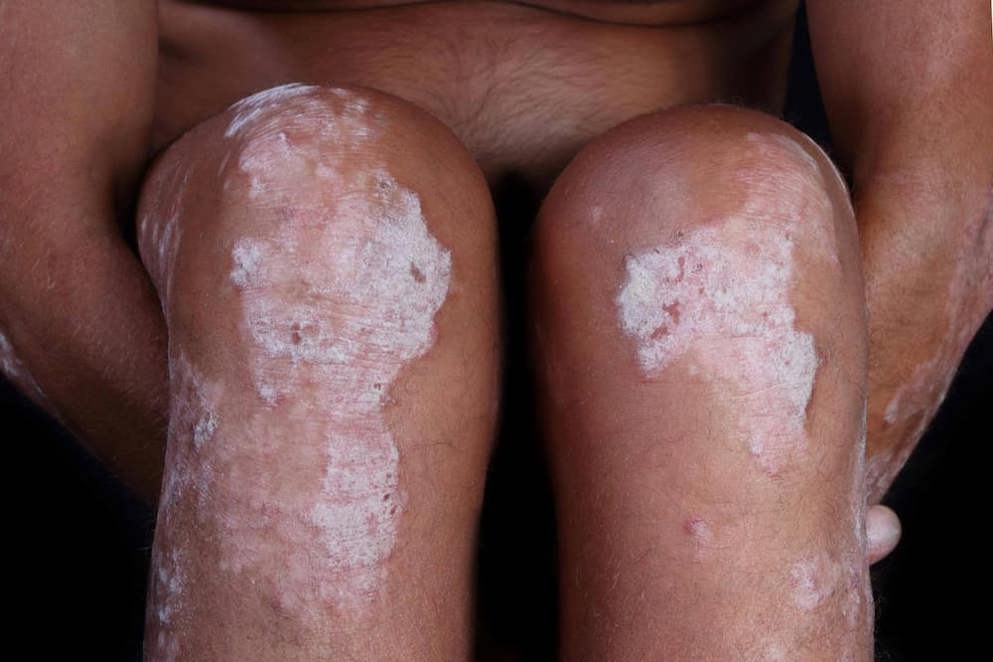New data from Novartis suggests that Cosentyx (secukinumab) may modify the course of moderate-to-severe psoriasis leading to long-term, treatment-free skin clearance.
Novartis has announced new data suggesting, for the first time, that Cosentyx (secukinumab) may modify the course of moderate-to-severe psoriasis leading to long-term, treatment-free skin clearance. Cosentyx is the first and only IL-17A inhibitor to have reported this potential of disease modification. These data were presented at the 13th Annual Maui Derm for Dermatologists 2017, Maui, Hawaii at which Novartis presented 14 abstracts.
Following one year of treatment with Cosentyx, patients were randomized to either continuous treatment or treatment cessation until relapse. Patients with continuous treatment maintained their high level of response. Among the patients that discontinued treatment, 21% of psoriasis patients maintained skin clearance for up to one year without treatment and 10% maintained skin clearance after two years without treatment. Patients with longer disease duration were more likely to relapse, suggesting that early intervention increases the chance of remaining relapse free. Previous data has shown that Cosentyx, a fully human, specific inhibitor of the IL-17A cytokine, delivers long-lasting clear or almost clear skin (PASI 90 to PASI 100) in up to 80% of patients out to four years.
This is the first robust long-term data on psoriasis following treatment discontinuation. These data (from extension study A2302E1) show low scores on the Psoriasis Area Severity Index (PASI) were maintained after treatment discontinuation following one year on Cosentyx (PASI score of 2.9 after 1 year and 1.7 after 2 years off-drug, vs. 20.5 and 19.2 at Baseline). Additionally, of the 120 patients who were PASI 75 responders and switched to placebo at one year, 21% remained relapse-free after one year and 10% were relapse-free after two years off-treatment. Patients who had a longer disease duration before Cosentyx treatment were more likely to relapse, highlighting the potential importance of early treatment. To further investigate the disease modification potential of Cosentyx, Novartis has initiated the STEPIn trial to assess early intervention with Cosentyx in new-onset disease. The ambition is to identify a novel strategy of treating patients with new-onset moderate-to-severe psoriasis, by providing evidence to inform the use of early treatment.
See- Lebwohl M et al. "Long-term psoriasis control following Secukinumab discontinuation indicated disease modification of moderate to severe psoriasis". Presented as a poster presentation at the 13th Annual Maui Derm for Dermatologists 2017. 20-24th March 2017.

